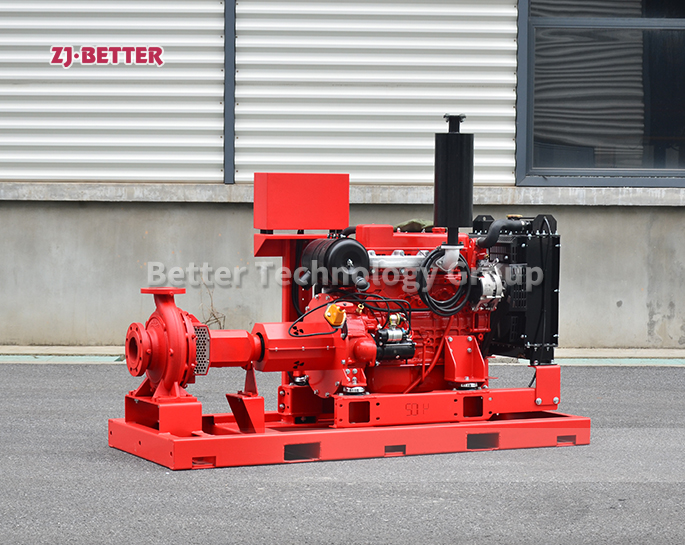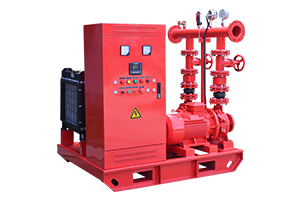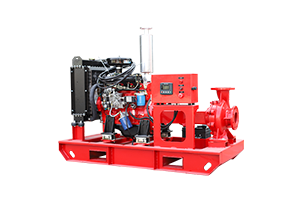How to Prevent Corrosion in Diesel Fire Pump Systems
Corrosion is one of the leading causes of performance issues in diesel fire pump systems. If left unchecked, it can compromise the integrity of critical fire protection components, leading to costly repairs and potential system failure during an emergency. Implementing proactive corrosion prevention strategies is essential for ensuring fire pump longevity and NFPA 20 compliance.

Causes of Corrosion in Diesel Fire Pump Systems
Corrosion occurs when metal components react with water, oxygen, and other environmental factors. Common causes include:
- Water Quality Issues – High mineral content, low pH levels, and the presence of chlorides accelerate corrosion.
- Electrolysis – Dissimilar metals in contact with water create an electrochemical reaction, leading to galvanic corrosion.
- Microbiologically Influenced Corrosion (MIC) – Bacteria in stagnant water can corrode metal components.
- Environmental Factors – High humidity, exposure to saltwater, and poor ventilation contribute to corrosion.
Best Practices for Corrosion Prevention
-
Use Corrosion-Resistant Materials
- Choose pumps and piping made from stainless steel, bronze, or other corrosion-resistant alloys.
- Apply protective coatings such as epoxy or galvanized finishes on metal parts.
-
Maintain Proper Water Quality
- Regularly test water for pH balance, mineral content, and contaminants.
- Use corrosion inhibitors and water treatment solutions to reduce chemical reactions.
-
Implement a Preventive Maintenance Plan
- Conduct routine inspections to detect early signs of rust or pitting.
- Flush and clean fire pump systems periodically to remove debris and microbial buildup.
-
Control Environmental Exposure
- Install pumps in well-ventilated, dry areas to minimize moisture buildup.
- Use dehumidifiers or climate control systems in high-humidity locations.
-
Follow NFPA 20 Guidelines
- Ensure installation, inspection, and maintenance adhere to NFPA 20 standards for fire pump systems.
- Schedule professional inspections to verify system integrity and compliance.
Conclusion
Corrosion prevention is key to maintaining a reliable diesel fire pump system. By selecting the right materials, monitoring water quality, and following NFPA 20 regulations, you can extend the lifespan of your fire protection equipment and ensure it functions properly in critical situations.
For more insights on fire pump maintenance and fire safety solutions, contact Better Technology Group today!






